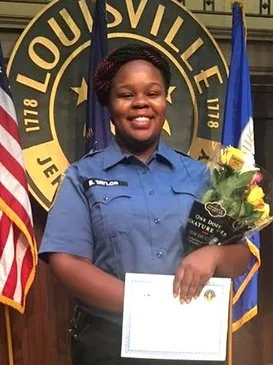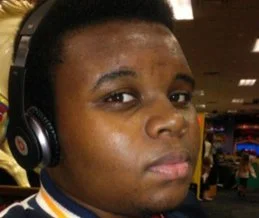History
Snapshots
In the snapshots below, we aim to show how race has shaped our nation's social, political, legal, and cultural development. We argue, as many historians do, that beliefs in Black racial "inferiority" and White racial "supremacy" have influenced our country alongside the goals of freedom and democracy. As we provide these overviews, we have sought to center and reference Black scholars as much as possible. Throughout the entire history section, we focus on two themes:
We examine the impact that the United States’ history with slavery and segregation has had on the Black community, particularly by controlling access to where Black people could live (land and housing) and what they could do to make money (economic livelihood).
We explore the ways that the hopes, dreams, patience, frustration, and anger drove the African American community to cultivate thriving communities and to push the United States toward a more perfect expression of our ideals of freedom and democracy.
In conclusion, we hope these snapshots inspire deeper study and promote a more complete understanding of our history, including tracing the causes of many of the injustices we face today so that we are equipped to be better collaborators, problem solvers, and citizens for a more just country and world.
2010: The War on Drugs and Its Legacies
Despite ongoing poor outcomes and strong criticism of drug laws, American law enforcement has changed little in its approach to drugs. This has greatly affected the African American community, which unfairly makes up the majority of drug-related arrests.
2012: Say their Names
On March 13, 2020, Breonna Taylor and her boyfriend Kenneth Walker were sleeping at her apartment in Louisville, Kentucky when police knocked on the door and then forced entry using a battering ram.
2013: Black Lives Matter
The mass incarceration of Black men; police profiling; murders of Freddie Gray, Trayvon Martin, Michael Brown, and Breonna Taylor; massacre at Emanuel A.M.E. Church in Charleston, South Carolina; death of George Floyd; and the countless other deaths within African American communities within in the last decade have called White attention to a reality Black people know all too well — an ongoing disregard for the dignity of Black lives and why they matter.
2014: Ferguson, Michael Brown, and the Impacts of the War on Crime
On August 9, 2014, Officer Darren Wilson shot and killed an unarmed, African American teen named Michael Brown on Canfield Drive in Fergusson, Missouri. The national public reaction to the events, narratives, and legal proceedings revealed both a racially divided perception of policing practices and a systematic legal deference towards police officers and against black persons.
2019: Education, The American Story, and Critical Race Theory
In response to the protests and this critical self-evaluative moment many companies and institutions declared their solidarity with Black Lives Matter and a general antiracist movement: “Schools began incorporating antiracist curricula, and companies pledged to fight anti-blackness in their organizations.”




